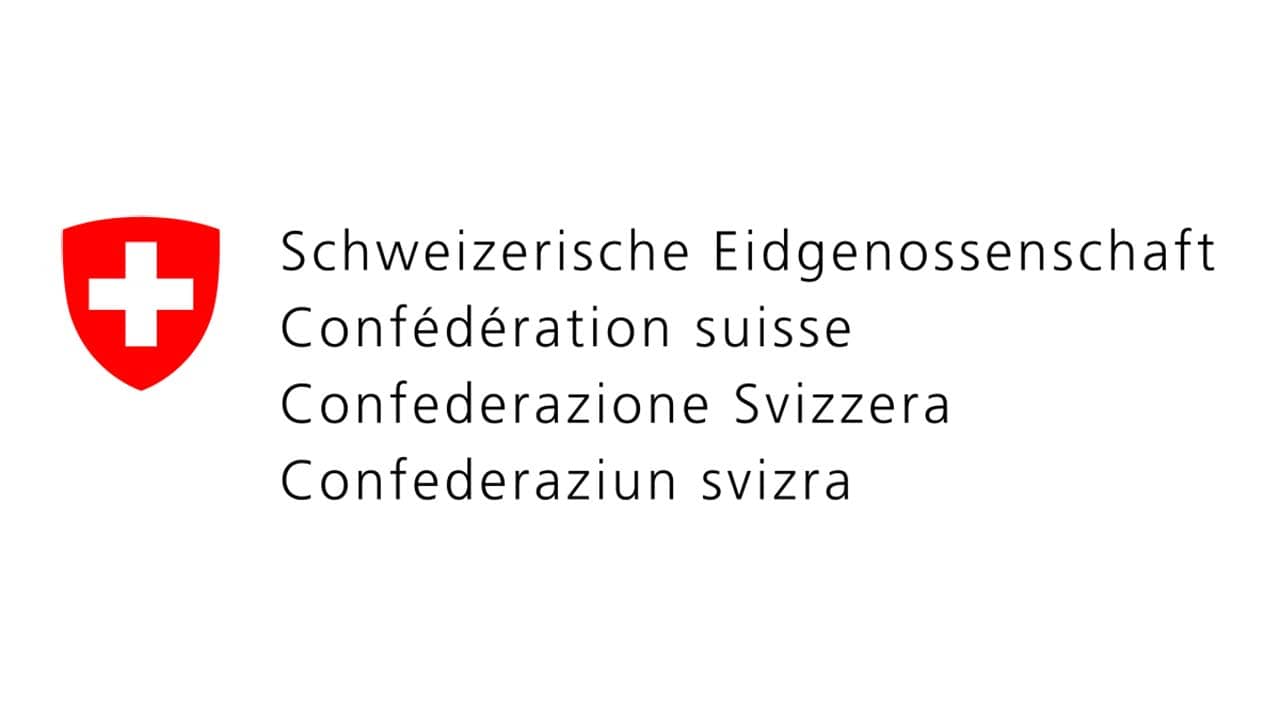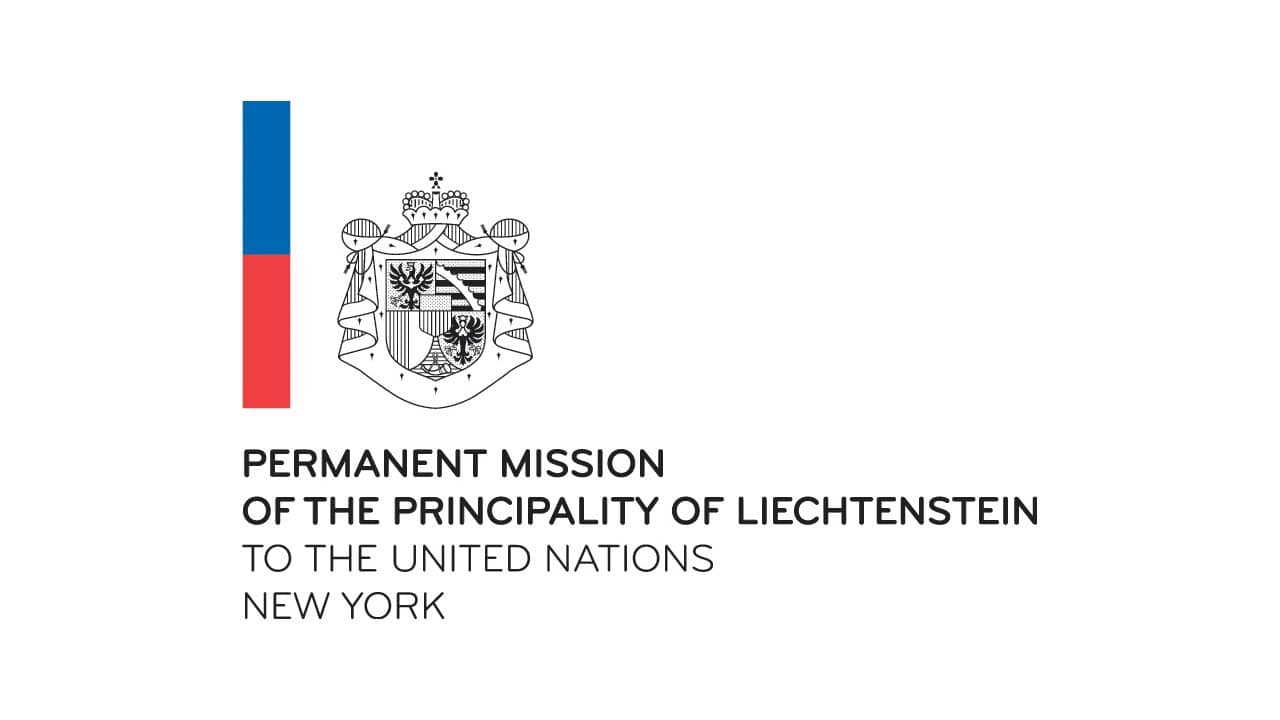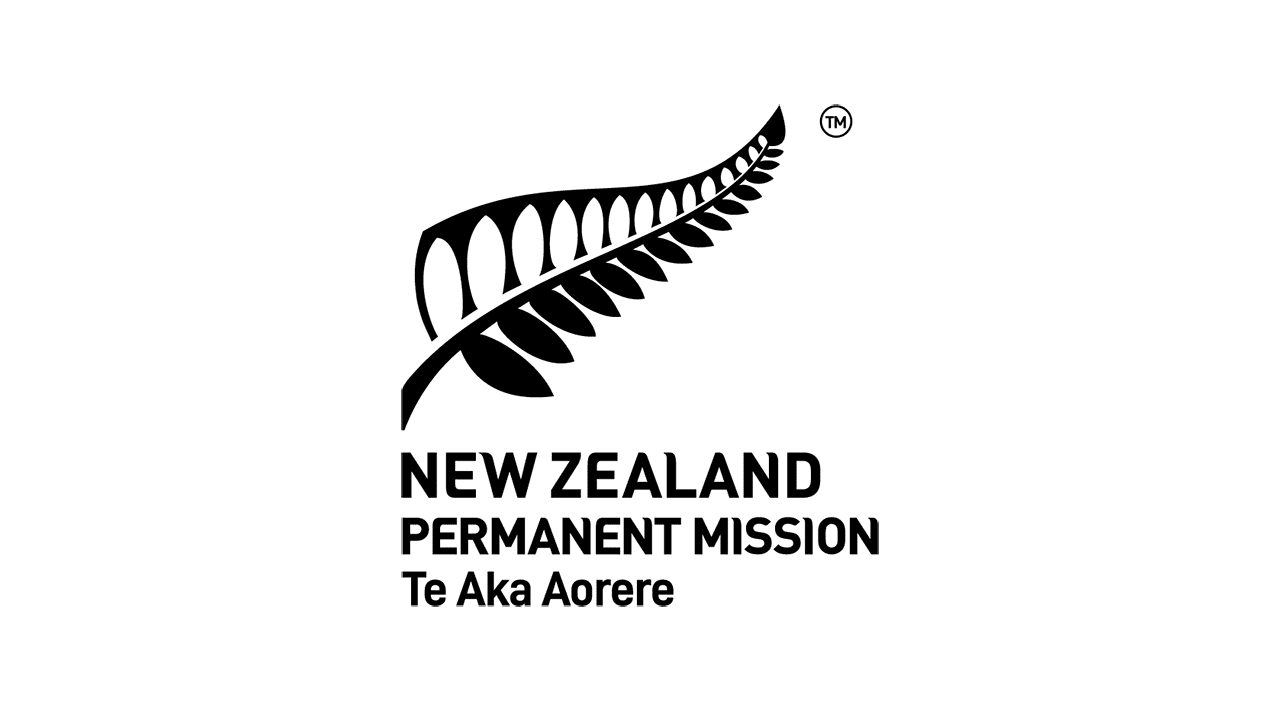On 10 December 2021, PGA virtually gathered a group of high-level experts and representatives from civil society organisations (CSOs) to discuss the importance of reforming national nomination procedures for the International Criminal Court (ICC) judicial candidates. Considering the necessity for States Parties to reach a consensus in 2022 prior to the next 2023 ICC judicial elections, this timely topic matter represents a crucial element to ensure the efficiency, success and credibility of the Court. Co-hosted by the Swiss Confederacy, the Permanent Mission of Liechtenstein to the United Nations (UN), and the New Zealand Government, the webinar was organized in the margins of the 20th session of the Assembly of States Parties (ASP).
In his introductory remarks, Mr. Luke Roughton, Legal Adviser at the New Zealand Permanent Mission to the UN, summarized the process that led to the review of the procedure for the nomination and election of judges. He noted a general support for the ASP recommendations, despite a slight decrease in the States Parties’ engagement in 2021, mainly due to the division of their capacity and attention on other important issues. Although no consensus on the implementation of any of the Independent Expert Review (IER) report recommendation had been reached so far, Mr. Luke Roughton stressed the strong States Parties’ desire to continue the discussion in 2022, as underlined by the New York Working Group. In this context, he commended PGA’s initiative to organise this event, as well as the general CSO’s engagement in emphasizing the necessity to continue raising awareness on this issue in order to keep it high on the agenda.
Giving an in-depth analysis of the IER report recommendations, Mr. Richard J. Goldstone, Chairperson of the IER, commented on the credible information received by the group that questioned the competences of some of the ICC judges, thus pointing at some political interferences in the national nomination process. To address this issue, one of the most important recommendations is the R376 of the IER Report, which provides for the ASP to initiate a process leading to the harmonization of the national nomination procedures. In this context, the Advisory Committee on the Nomination of Judges (ACN) has received a number of States Parties’ submissions on their nomination procedures within the last two years. The submissions will form the basis of a reference document, expected to be published by the Committee in the first half of 2022, aimed at assisting States Parties in the process. On another hand, Mr. Richard J. Goldstone expressed regrets regarding the wording of the Resolution on ‘Strengthening the International Criminal Court and the Assembly of State Parties’. In particular, the Resolution lays down that interviews with candidates in the nomination procedure should be conducted “preferably in-person, or by videoconference or similar means if appropriate”, instead of allowing a non - in- person participation possible only “in exceptional circumstances”. According to Mr. Goldstone, this unfortunate wording will lead to future contention with regard to elections.
Returning to the States Parties’ submissions, Ambassador Nathalie Marti, Vice-Director of International Law of the Swiss Ministry for Foreign Affairs, gave a precise illustration of the Swiss practice, as the country submitted its commented draft procedure to the ACN last September. As she reiterated Switzerland’s strong support for an efficient and independent ICC, a priority for the Swiss foreign policy, she noted the country’s efforts to reflect on international and national good practices in this field, with a view to revising and improving the national procedure. Among the main measures she introduced, are: (1) reinforcing the transparency and openness of the selection process, notably in publicly disseminating the job advertisement and reaching out to different kinds of institutions, including CSOs; (2) improving the nomination criteria in terms of experience, knowledge, as well as age-threshold; (3) ensuring the independence of the panel conducting the interviews; and (4) improving the vetting system within the ASP, including by verifying candidates’ criminal records, references, and any other available information. Ambassador Nathalie Marti therefore highlighted the importance for States Parties to exchange on this topic in 2022, to make sure that the practice can be improved at every national level in the context of the next 2023 ICC judicial elections.
Sharing experience between States Parties can be particularly instructive, as Ms. Minou Tavarez Mirabal, Chairperson of the PGA Board, demonstrated through her explanation of the national context surrounding the nomination of Dominican Republic Judge Herrera Carbuccia, elected in 2011. Prior to the elections, a group of PGA members in the Dominican Republic formed a committee dedicated to this purpose, as no procedures were established back then - an example of how parliamentarians can play a significant role in ensuring the ICC’s efficiency.
Still reflecting on provisions to improve the nomination procedure, Ms. Frederika Schweighoferova, Director of the PGA Rome Statute System Campaign, presented the benchmark analysis conducted by PGA, which revealed to what extent the practice implemented by the European Court of Human Rights could be transposed to the Rome Statute system. Later incorporated in a PGA resolution, she detailed the provisions regarding the thorough assessment of candidates’ applications, as well as a ranking system of the candidates proposed by the States Parties. This process would include the review of the Advisory Committee, for it to reject or recognize the validity of a national candidate nomination, or for it to request States to provide further information with regards to the application or criteria applied.
The CSOs’ perspective was also further discussed with Ms. Elizabeth Evenson, Director for Advocacy of the International Justice Program at Human Rights Watch (HRW), and Ms. Maria Pena, Senior Legal Officer at Open Society Justice Initiative (OSJI), who both stressed the need to continue the on- going CSOs work to ensure that all judicial candidates are of the highest quality to allow an effective ICC judiciary of the highest standards. To this effect, OSJI produced the “Raising the Bar” report in 2019, aimed at contributing to ICC reform efforts by focusing on the process through which ICC judges are nominated and elected. Following the identification of the most problematic areas, the report also offers practicable recommendations to improve the nomination and election of ICC judges.
Overall, the rich discussion allowed underlining the seriousness of the issue, which will be decisive for 2023. Dr. David Donat Cattin, PGA Secretary General, finished the webinar by outlining the importance of actively involving State Parties on the matter, hence commending the engagement and invaluable support of Liechtenstein, New Zealand, and Switzerland in the process.





